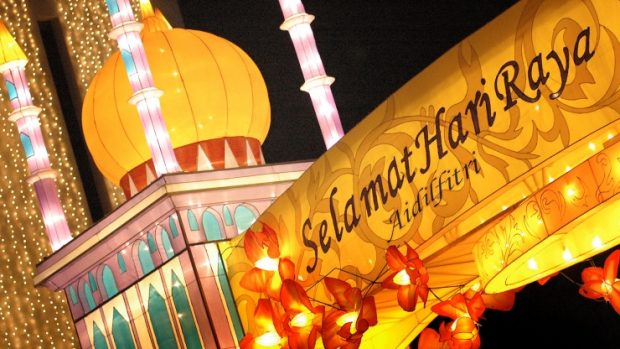Being politically correct on festival greetings

Keeping up with traditions in offering festival greetings
By Ivan Lim
Contributor to AsiaN
Singapore: In an Age of Innocence, people all over the world send out greetings to one another during religious and cultural festivals.
They spread the message of friendship, goodwill and well wishing. to families and friends without fear of being called out for political and or cultural / religious correctness.
But in this age of political and religious conflicts, the seemingly innocent forms of expressions have come under scrutiny for their connotations. For example, is there any subtle difference between these forms of greetings: Merry Christmas, Yuletide Joy and Season’s greetings.
At face value, they are different ways of conveying a message of celebration that marks the birthday of Jesus Christ.
Yet, one can make out that Merry Christmas may sound more religious as it mentions Christ while Yuletide Joy and Season’s Greetings by omitting the word Christ seems more secular.
I wonder whether Christians made it a point to use Merry Christmas in preference to the non-Christ related form of greeting.
In multi-racial Singapore, a small debate is taking place over the correct or proper way of publishing greetings on two festivals. One is the Hindu festival of Light; the other is the Islamic festival marking the end of the fasting month of Ramadan.
The festival of light has always been celebrated in Singapore by the Tamil (Southern Indian) community as Deepavali.
However, reflecting the presence of Northern Indians migrants in Singapore, some public bodies have resorted to using the term “Diwali” instead of Deepavali in wishing Singaporeans during the festival. Actually, both terms are variants of the Sanskrit word for “row of lights”
As for the Islamic festival, it has been customary for Singaporeans to wish one another Selamat Hari Raya This year, however, a town council and the local travel portal TripZilla had sent out Eid Mubarak greetings to international audience in the Middle East “Eid Mubarak”, which means blessed Eid in Arabic.
The wider usage of Arabic words in Singapore is seen as a by-product of growing Arabic influence.
“This is a process of exclusivist, Wahhabist variants of Islam from the Middle East misplacing the open, syncretic Islam, as traditionally practised in South-east Asia.” said veteran Singapore diplomat Bilahari Kausikan. He deemed this an unhealthy influence for the social cohesion of multi-cultural societies like Singapore.
The Ministry of Communications and Information has taken the stand that local vernacular terms should be preferred over foreign ones. Thus, Deepavali instead of Diwali; and Selamat Hari Raya, not Eid Mubarak.
Yet being a cosmopolitan city open to the influx of foreigners, variations from the norm is to be expected, politically or religious-wise.





















































